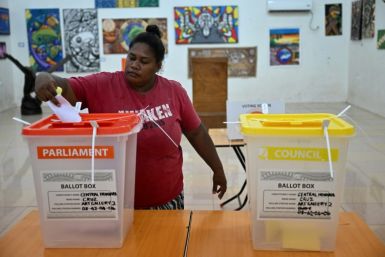Belgians who live near nuclear plants to get potassium iodide pills for protection against radiation

The Belgian Ministry of Health said on Thursday that it plans to distribute to residents who live near nuclear plants potassium iodide pills. The pills aim to protect them from radiation in case of a nuclear accident.
The potassium iodide pills could minimise risks from radiation, including thyroid cancer which is one of the most common effects of a major nuclear accident, according to The Wall Street Journal. Belgium already distributes the pills to residents within a 20-kilometre radius of the nuclear plants, but the government is studying if it could expand the coverage to people who live within a 100-kilometre radius.
The threat is real because authorities found in late March video footage of a senior nuclear official taken by a suspected terrorist, reports Politico. Several years ago, thousands of tiny cracks in the steel walls of pressure vessels in some of the country’s reactors have also been found.
Because of the proximity of two Belgian nuclear facilities to the German border, German Environment Minister Barbara Hendricks urged Belgium to take offline the Doel 3 and Tihange 2 reactors. Besides Germany, The Netherlands had also complained about the poor safety standards of Belgium’s nuclear plants.
The expansion of the pill distribution plan is part of the safety review being initiated by the Ministry of Health as recommended by the Superior Health Council after it looked into the effects of the 2011 nuclear disaster in Fukushima, Japan.
Els Cleemput, spokeswoman of the ministry, says the pills would be first distributed to vulnerable groups such as children and pregnant women. She adds that studies show the tablets has little impact on adults aged 45 and above.






